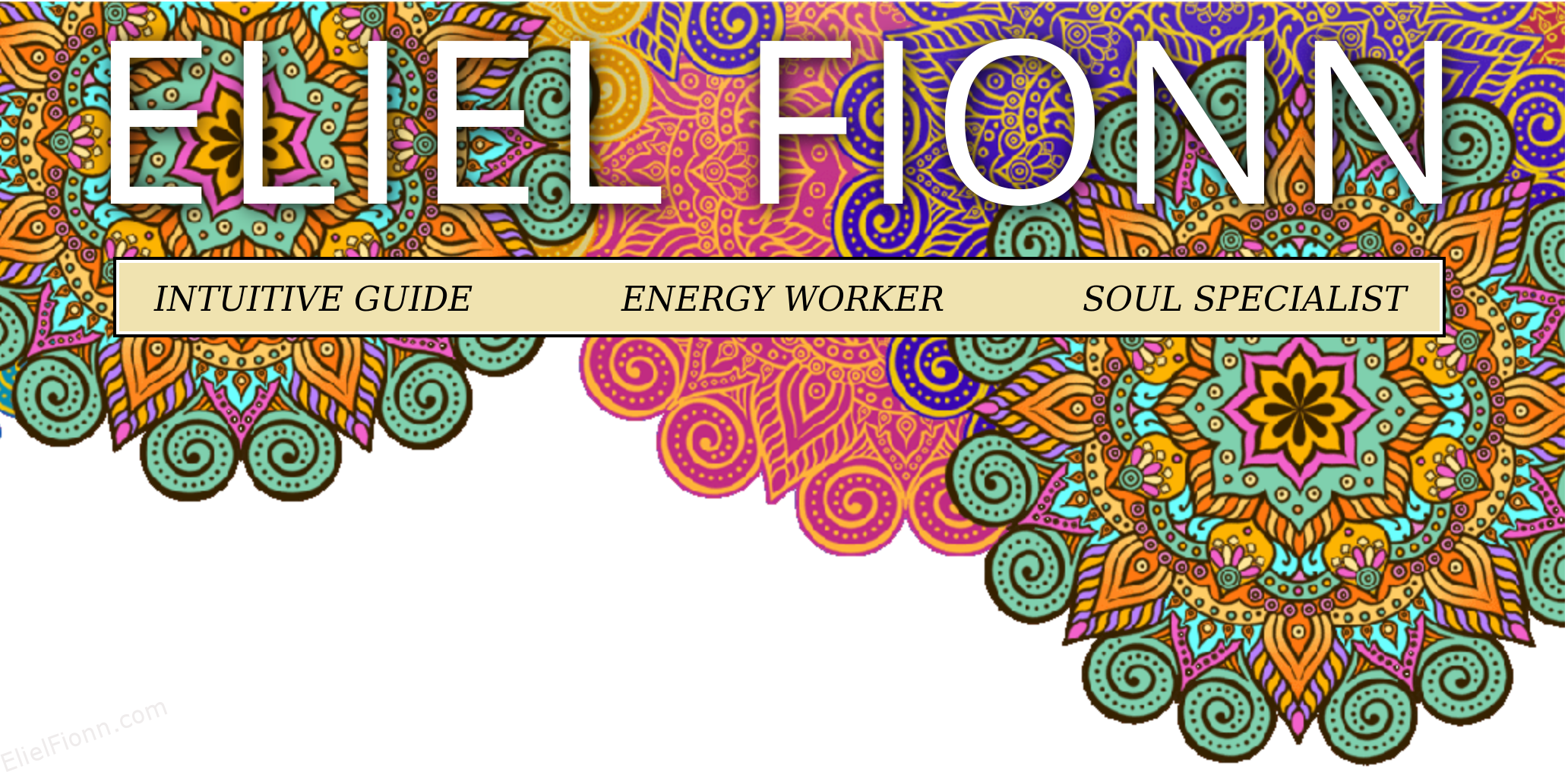Navigating Through Mayhem
How do we navigate a time period in which cruelty has become commonplace, and we are sensitive to everything around us, including other people’s feelings as well as our own?
Many of us are grieving the loss of the kind of world/country/life we thought we could have. Not that we already had it, but we had hope that someday we would. That we would have leaders that cared about us, all of us, people of color, every gender, age, sexuality, religion, all living creatures, and especially our planet.
You are not alone. Many caring people feel as you do. Those who pay attention to racism, sexism, prejudice, politics, natural disasters, climate change warnings, and other current events, have been facing enormous personal and collective grief, which includes, fear, dread, sorrow, anger, frustration, feelings of hopelessness, and the grim specter of the end of human doings.
Many of us are not at our best under stress, and this is a time of extreme stress. It is many times worse if we are sensitive. If our hearts are open and we feel the collective pain on the planet, right now it may be debilitating. Maybe we are going through the motions of living while wondering why we should care about regular, everyday tasks when humanity may not make it past the next 50 years. Maybe we have been so angry, sad, and fearful that we can barely sleep. And this takes a toll on our bodies. We may be experiencing strange aches and pains, and reacting to things that normally don’t bother us. Even when we turn off the news, and try to pretend things aren’t going badly, our bodies may let us know how we really feel about current events. Being around those who support and encourage us, who deeply value connection rather than separation, may be vital during this time.Continue reading



